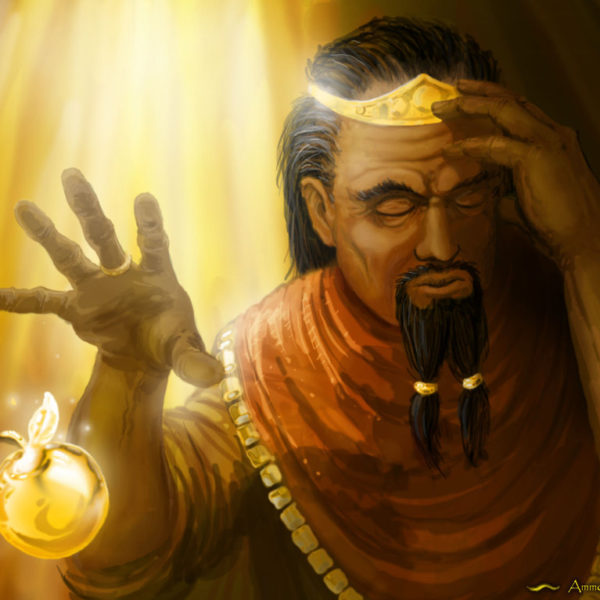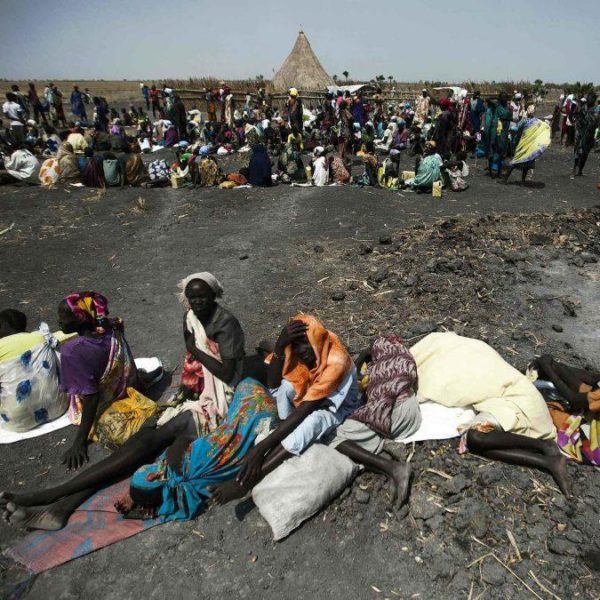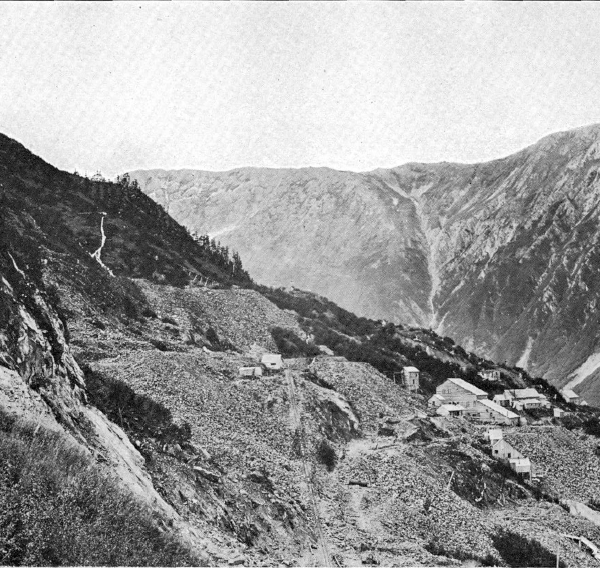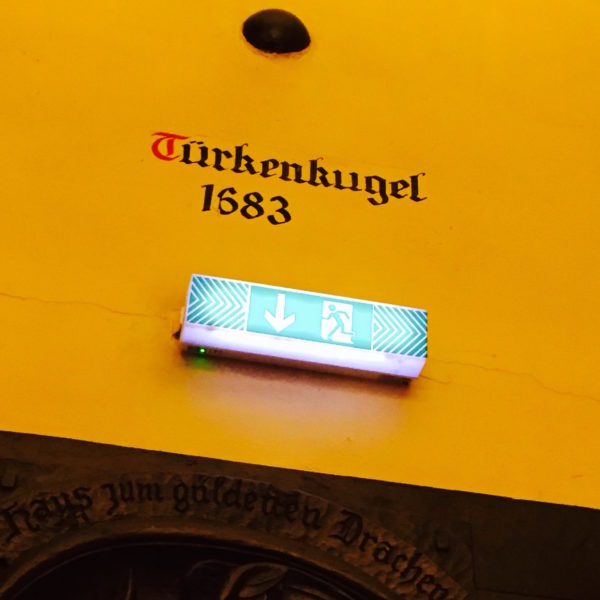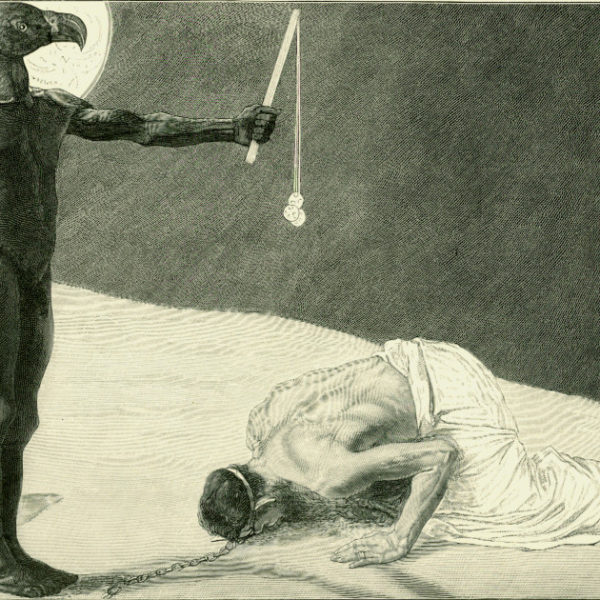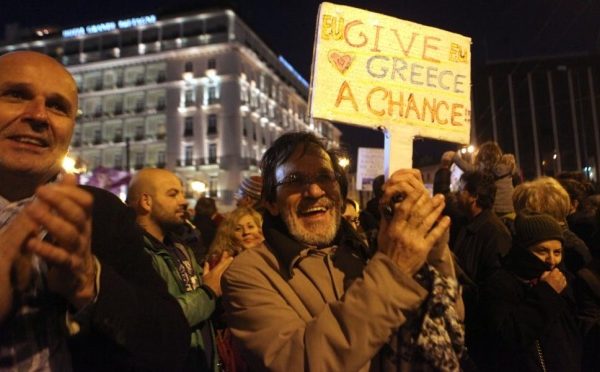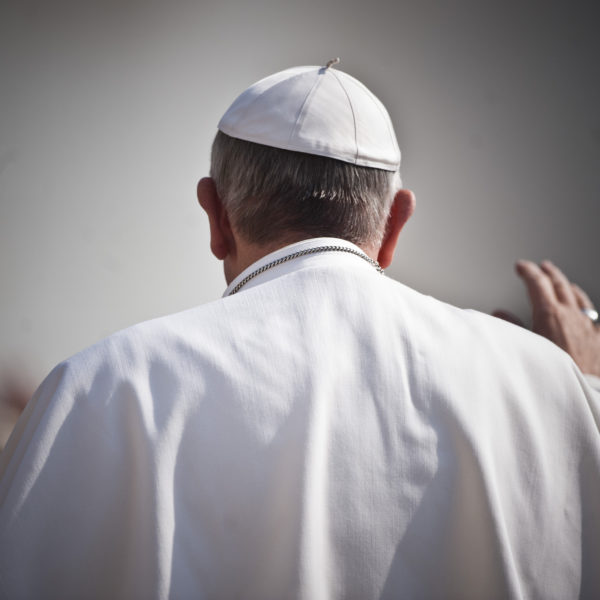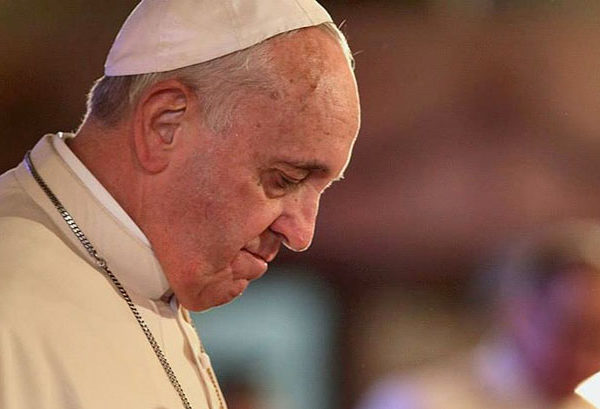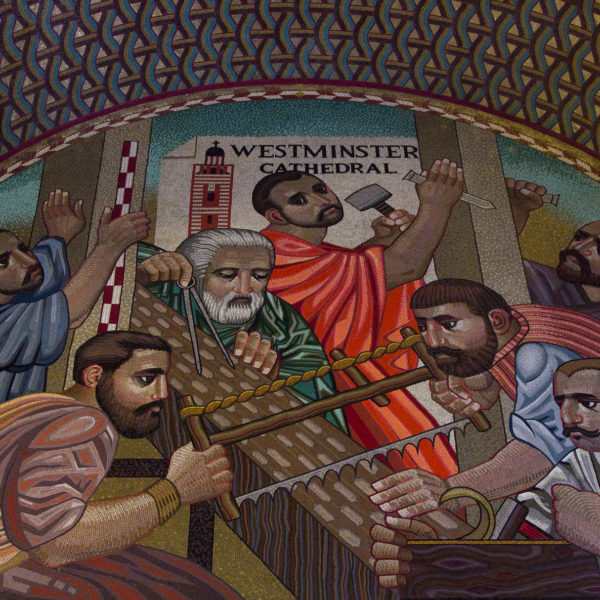
The economic crisis of 2007-08 contributed to an increasing sense of disillusionment with the mainstream economic thinking of the left and particularly of the right, and as a result a number of heterodox ideas and traditions have gained renewed interest. This disillusionment has led to a great deal of ferment in Catholic circles in particular because Catholic social thought offers an intellectually rich tradition of thinking on economic issues that does not fit easily into mainstream categories.
